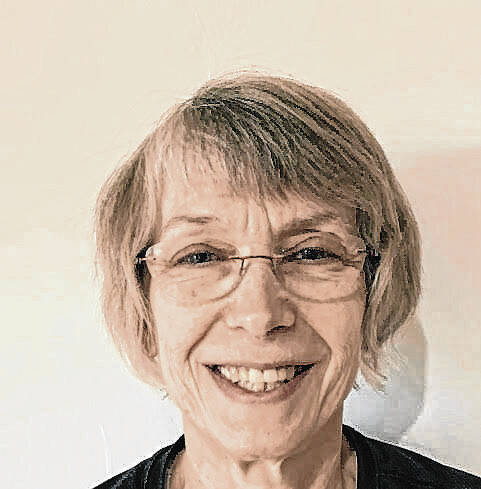It is common knowledge that women could not vote in America until Wyoming granted women voting rights in 1869 and then a long list of states followed suit until the 19th Amendment made it a national right.
Except that’s not true. Some women could, and did, legally vote.
Lydia Chapin Taft, in 1756, cast the deciding vote to support funding for the French and Indian War effort. She had the right to vote because she was a widow with property and her sons were still minors.
Of the thirteen original colonial states, at least four — New York, Massachusetts, New Hampshire and New Jersey — are known to have included women among their voting population.
Thus, when Abigail Adams asked her husband to “remember the ladies,” she was not asking for a new right, but one that already existed for some women.
But what we don’t protect, we too often lose.
Women lost the right to vote in New York on April 20, 1777 when the New York State Constitution redefined voters as “male inhabitants.”
Massachusetts disenfranchised women in 1780 and New Hampshire in 1784. Women in New Jersey, however, retained the right to vote into the 19th Century.
At least 75 women voted in New Jersey’s state or congressional elections from 1800-1806, with some women voting yearly. It is estimated that between 1797 and 1807, women made up 7.7% of total recorded votes and, in some areas, up to 14%.
In 1807, there was a tight election that was “hotly contested” followed by charges of fraud and accusations that some men dressed as women to vote.
John Condit, who won his position in 1807 by a narrow margin, introduced an act to overturn the right to vote not only for women, but for free blacks in New Jersey as well.
He succeeded. And while most of us view our founding mothers as uninterested in voting, doing so ignores the very real history of women such as Nelly Parke Cursis, the granddaughter of Martha Washington, who once “mounted her steed and galloped to the hustings and demanded her right to vote as a freeholder.” (Quote attributed to John Adams.)
But women were not allowed to vote in Virginia, so our first President’s step-granddaughter could not vote.
Later, when the 15th Amendment was proposed to grant blacks the right to vote, the amendment’s authors specifically limited the right to men.
Subsequently, rich and powerful white men then prevented many blacks from voting with Jim Crow laws so effective that it’s a wonder women believed the 19th Amendment would be effective.
We thought we fixed those issues with the Voting Rights Act of 1965 and other measures, but much of this has been overturned and we’re uninterested in fixing these problems again.
Why should we, if “our guys” are in control and how can we, if “our guys” haven’t got sufficient representatives in office to succeed?
The fight for the right to vote, to have your vote matter, and to be represented by people who care more about their constituents than their own self-interests has become ever more intense with modern technology enabling politicians to target voting blocs with accuracy our founding fathers could never have anticipated.
Some of us have given up and “opted out” with the excuse that our vote doesn’t matter and especially so in this bright red state.
But that also means that far too many of us are ignoring the elections where your vote matters most: The local primaries.
In November, we can vote a straight party ticket but in April we have to choose who we think are the best candidates for the offices.
And the price we pay for being mostly “political ad-free” in a “just the local stuff” race is that we now have to do our own research.
This is the time when we need to go to the Indiana Voter Portal at https://indianavoters.in.gov/ and verify our voter registrations, find our polling places, and see who is on the ballot. We also need to check out newspaper articles and other available resources to learn where our candidates stand on local issues.
And then we have to vote wisely both for ourselves and for all of those who may also be affected by the choices that we make.
Because voting is not just a right; it’s a responsibility.
A lifelong resident of Hancock County, Linda Dunn is an author and retired Department of Defense employee.




